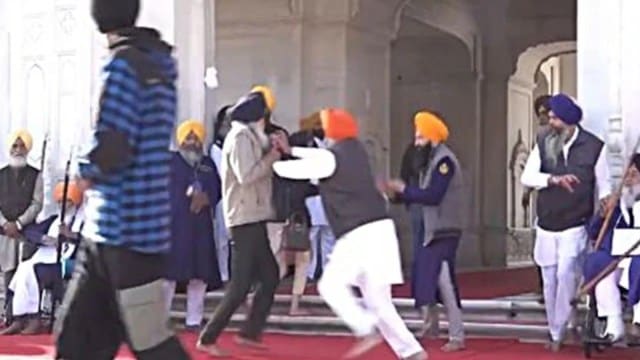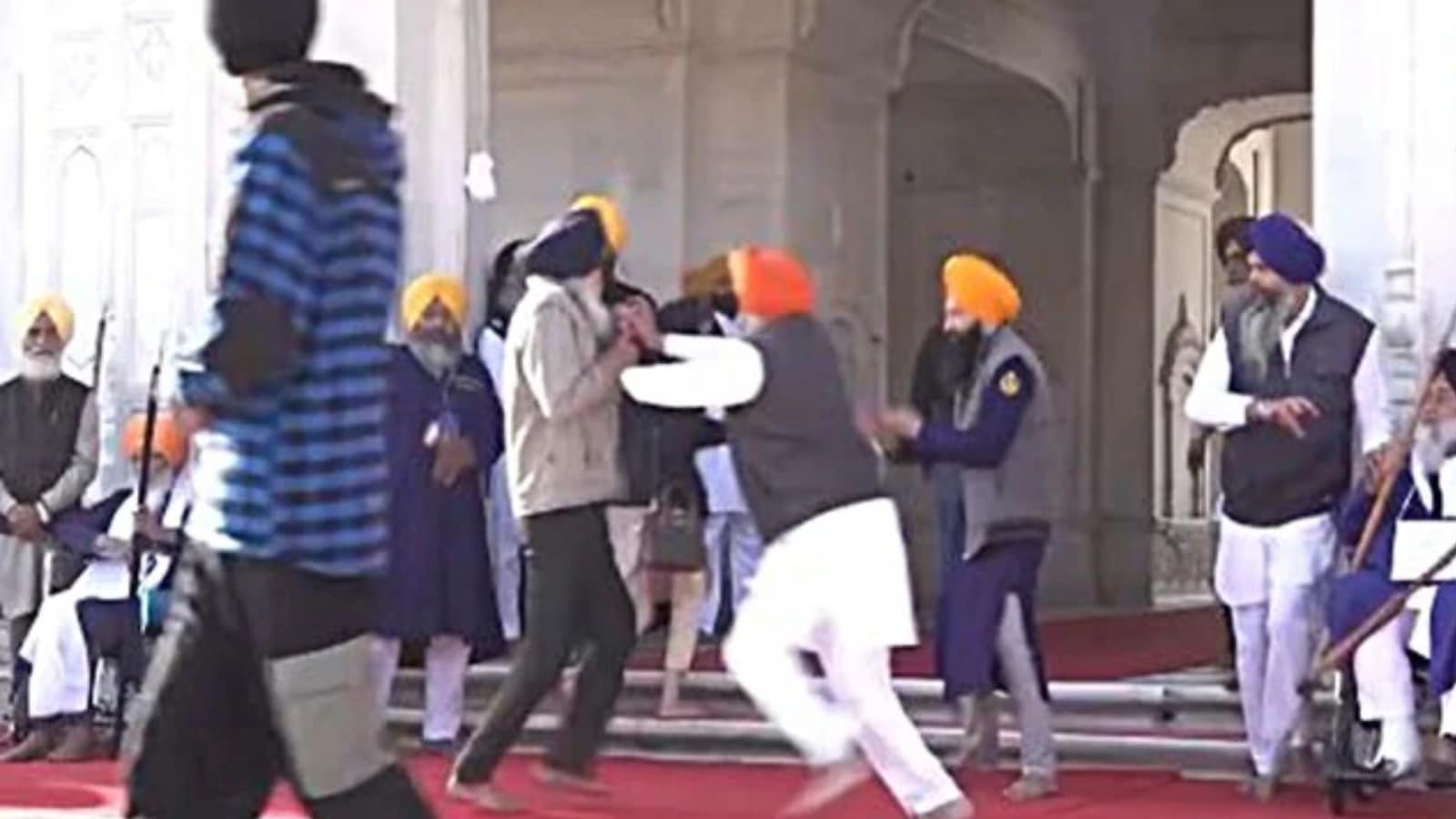

Dec 5, 2024 21:31 IST First published on: Dec 5, 2024 at 21:31 IST
A wise man once said, “We must not allow history to repeat its darkest moments, for once the shadows of lawlessness descend, climbing back to the light becomes a formidable challenge.” This sentiment resonates deeply with the current state of affairs in Punjab, which still has not forgotten its arduous journey from the hell of terrorism to the fields of peace. The Aam Aadmi Party (AAP) fought the Punjab election on the slogan “the nation must change, so must Punjab”. Yet, after two-and-a-half years of AAP being in power, Punjab stands at a critical crossroad again. As if the financial mess and outsourcing of governance to Delhi were not enough to hurt the economy of Punjab and Punjabi pride, increasing incidents of terror have threatened peace in Punjab. The ever-ebullient Punjabi spirit has been dampened due to the resurfacing of extremist elements and misgovernance. The recent shocking, worrying assassination attempt on Sukhbir Singh Badal outside the premises of the Holy Golden Temple, preceded by an attack on the house of a retired Punjab Police official, the killing of three siblings by firing 36 bullets in Ferozepur, an attack on an NRI in Amritsar by hired assassins, and not long ago, the brutal killing of Punjabi singer Sidhu Moose Wala show the emergence of an ominous pattern. On the one hand, illegal activities from across the borders have been intensified after the AAP government came to power and on the other hand, the revenge (badla) culture is returning back leading to gang wars, targeted killings and political murders. Punjab and the Punjabis are witnessing a naked dance of lawlessness.
The last decade remained peaceful in Punjab and largely free from terrorist violence. The ideology of separatism had lost appeal among the people of Punjab, and even public calls by fringe elements to revive secession and terrorist violence had faded out. Revival of these signs is certainly a worry. Peace and harmony are imperative for the state as neither Punjab nor India can afford the resurgence of terror. The chronology of incidents of violence under AAP rule has created a sense of fear and paranoia in the people of Punjab. Violent clashes in Patiala and the killing of kabaddi players, RPG attack on Punjab intelligence headquarters, reports of rampant extortion calls to the business community, recovery of an explosive device near the Burail jail in Chandigarh, killing of Punjab Police constable Mandeep Singh in Nakodar by assailants, the murder of an assistant sub-inspector within 24 hours of Sidhu Moose Wala incident are some worrying examples.
Compounding the chaos is the rising tide of drug addiction that also fuels criminal activity. The violence has escalated continuously because of the loose command control and the political leadership has failed to define an unambiguous response to terrorism. Instead of creating hype with announcements like the creation of an Anti-Gangster Task Force, asking for clarifications from the police DG and appointing a High Court judge to conduct a probe, the need of the hour is to fix political accountability and govern Punjab with the understanding of its geography, history, politics and culture. Punjab police is capable of dealing with such crimes and terror incidents and it has proved its mettle in the past. The state has a history of successfully tackling insurgency and extremism. The Chief Minister needs to unshackle the Punjab police from their political assignments and allow them to conduct law and order duties in a professional manner. Bhagwant Mann is the Chief Minister (CM) of Punjab and not the Campaign Minister (CM) of Delhi Chief Minister. The Delhi model of governance has failed in Delhi and its replication in Punjab will only take it to its dark ages once again. Instead of dodging accountability, AAP needs to come out of its cocoon and deliver the governance it promised to the people of Punjab.
Punjab is key to India’s security strategy against Pakistan. Security threats to Punjab have wider implications as it shares a 425-kilometer-long border with Pakistan. There have been consistent efforts from across the border to create disturbances by sending weapons by drones and to destroy the economy and peace of Punjab through narco-terrorism. The geopolitics of Punjab demands a strong government. The people of Punjab are progressive and value freedom and economic growth. The political, economic, social and cultural foundations of Punjab are strong enough to counter any kind of insurgency. The Bhagwant Mann government needs to remove its blinders and realise these strengths. It must act decisively. Law and order in Punjab need to be prioritised instead of exploiting the state’s resources to settle political scores. The bottom line is the violence and sacrifices in the history of Punjab should not be repeated.
The writer is a Supreme Court lawyer and National Spokesperson, the Bharatiya Janata Party


